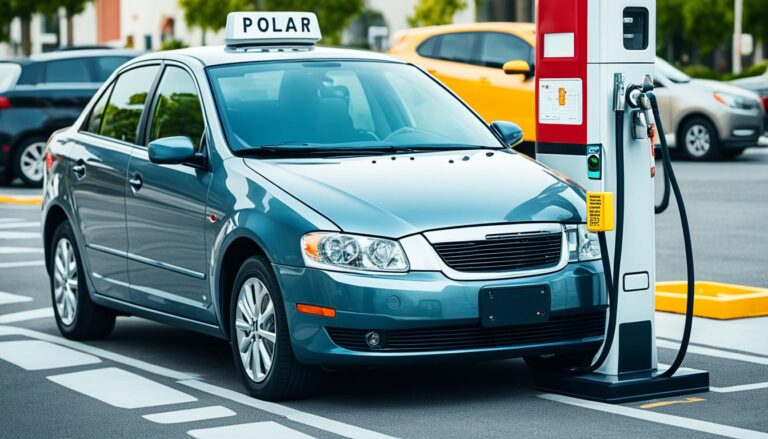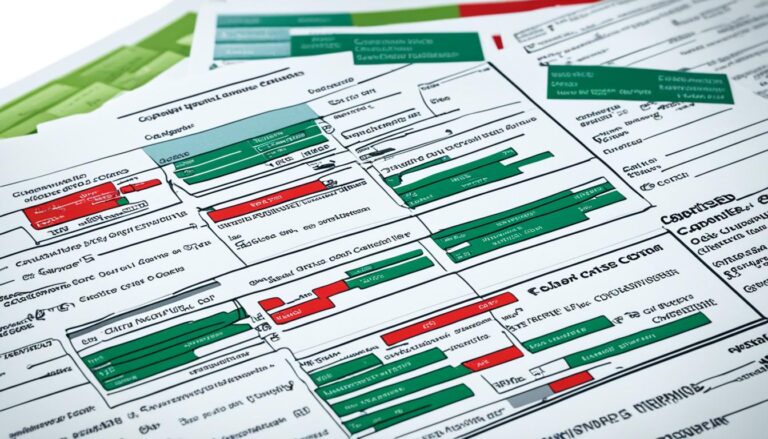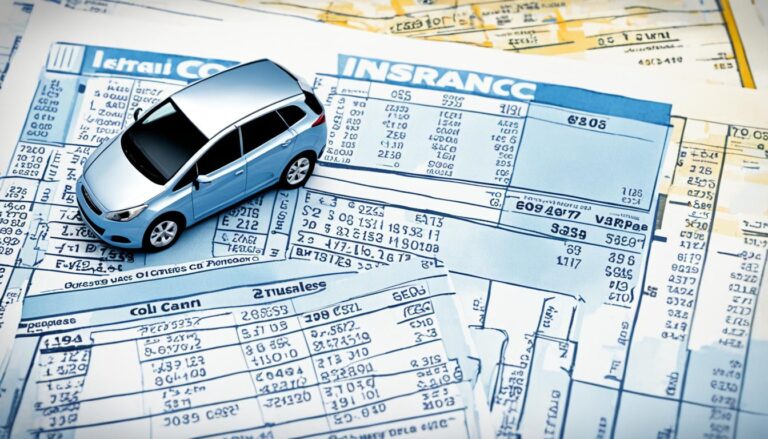Owning a vehicle is a significant financial responsibility, and understanding the various costs associated with it is crucial for effective budgeting and planning. In this article, we’ll explore the three major costs of vehicle ownership that can impact your annual budget: fuel expenses, routine maintenance, and insurance premiums.
By recognizing these key expenses, we can better prepare ourselves to manage our vehicle-related finances and ensure a smooth and cost-effective ownership experience. Let’s dive into each of these major cost categories and discuss strategies to optimize your spending.
Fuel Expenses: The Constant Drain on Your Wallet
One of the most significant and ongoing costs of owning a vehicle is fuel expenses. The amount you spend on gas can vary widely depending on factors like your car’s make and model, your driving habits, and the prevailing fuel prices. Understanding the key elements that influence your fuel costs and exploring practical tips to enhance your vehicle’s fuel efficiency can go a long way in keeping your fuel expenses in check.
Factors Influencing Fuel Costs
The fuel costs you incur can be influenced by a variety of factors, including:
- Vehicle make and model: Some vehicles are inherently more fuel-efficient than others, with factors like engine size, weight, and aerodynamics playing a role.
- Driving habits: Your driving style, such as frequent acceleration, sudden braking, and high-speed driving, can significantly impact your vehicle’s fuel efficiency and overall gas mileage.
- Gas prices: The cost of fuel can fluctuate based on factors like global supply and demand, geopolitical events, and regional market conditions.
- Terrain and weather conditions: Driving in hilly or mountainous areas, as well as dealing with extreme weather conditions, can influence your fuel consumption.
Tips for Improving Fuel Efficiency
To help keep your fuel costs under control, consider implementing the following strategies:
- Maintain your vehicle’s regular maintenance schedule: Keeping your car’s engine, tires, and other components in good condition can enhance its fuel efficiency.
- Adopt fuel-efficient driving habits: Avoid aggressive acceleration, sudden braking, and excessive idling, which can significantly impact your gas mileage.
- Plan your routes and combine errands: Minimize unnecessary driving and take the most direct routes to your destinations to reduce overall fuel consumption.
- Monitor your fuel costs and adjust your driving accordingly: Closely track your fuel expenses and make adjustments to your driving behavior to optimize fuel efficiency.
By understanding the factors that influence your fuel costs and implementing practical strategies to improve your vehicle’s fuel efficiency, you can take control of this constant drain on your wallet and keep your overall driving expenses in check.
| Fuel Efficiency Comparison | Sedan | SUV | Hybrid |
|---|---|---|---|
| City Fuel Economy (MPG) | 28 | 22 | 45 |
| Highway Fuel Economy (MPG) | 34 | 27 | 40 |
| Annual Fuel Costs | $1,800 | $2,400 | $1,200 |
“Fuel efficiency is not just about saving money, it’s about reducing our environmental impact and creating a more sustainable future for everyone.”
Three Major Costs Owning Vehicle Year
Alongside fuel expenses, there are three other significant costs associated with vehicle ownership over the course of a year: maintenance, insurance, and registration fees. These hidden car ownership costs can quickly add up, so it’s crucial to understand and budget for them effectively.
Vehicle Maintenance Costs
Regular maintenance is essential to keep your vehicle running smoothly and efficiently. This includes tasks such as oil changes, tire rotations, brake pad replacements, and other necessary repairs. On average, vehicle maintenance costs can range from $500 to $1,000 per year, depending on the make, model, and age of your car.
Insurance Premiums
Protecting your investment with the right insurance coverage is a must. Auto insurance premiums can vary greatly based on factors like your driving record, the type of vehicle you own, and your location. Typically, you can expect to pay between $1,000 to $2,500 per year for comprehensive car insurance coverage.
Registration Fees
Finally, there are the annual registration fees required to legally operate your vehicle on the roads. These fees can range from $50 to $150 or more, depending on your state and the weight or value of your car. While not the most significant cost, these fees are a necessary part of vehicle ownership that should be factored into your budget.
By understanding and planning for these three major costs – vehicle maintenance, insurance premiums, and registration fees – you can better anticipate and manage the total cost of owning a vehicle over the course of a year. Staying on top of these hidden car ownership costs will help ensure your vehicle ownership experience is a smooth and financially responsible one.
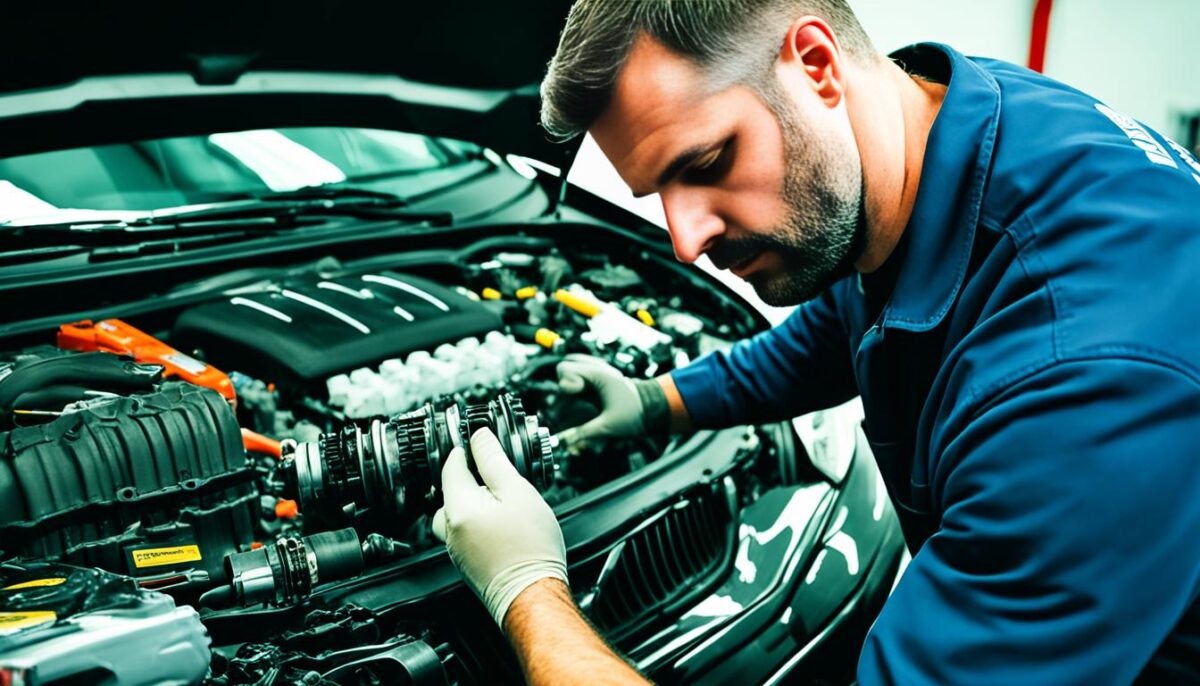
| Cost Category | Average Annual Range |
|---|---|
| Vehicle Maintenance | $500 – $1,000 |
| Insurance Premiums | $1,000 – $2,500 |
| Registration Fees | $50 – $150+ |
“Properly budgeting for the hidden costs of vehicle ownership is the key to maintaining financial stability and making the most of your car investment.”
Routine Maintenance: Keeping Your Car Healthy
Maintaining your vehicle is crucial for its longevity and performance. Investing in regular car maintenance can save you from costly breakdowns and extend the lifespan of your car. From oil changes to tire rotations, there are several routine tasks that should be performed to keep your car running smoothly.
Oil Changes: The Lifeblood of Your Engine
One of the most important maintenance tasks is changing your car’s oil and filter on a regular basis. This helps to lubricate the engine’s moving parts and remove harmful debris. Depending on your vehicle’s make and model, you should change your oil every 3,000 to 5,000 miles or as recommended by the manufacturer.
Tire Maintenance: Keeping You Rolling Safely
Proper tire care is essential for both your car’s performance and your safety on the road. Regularly rotating your tires, checking their pressure, and replacing them when necessary can help extend their lifespan and improve fuel efficiency. It’s also a good idea to have your tires balanced and aligned to ensure even wear and smooth handling.
Brake System Inspection: Ensuring Your Safety
Your car’s brakes are one of the most critical safety features, so it’s important to have them inspected and serviced regularly. This includes checking the brake pads, discs, and calipers for wear and tear, and replacing them when necessary. Neglecting your brakes can not only compromise your safety but also lead to more extensive (and expensive) repairs down the line.
By staying on top of your car’s routine maintenance, you can help prevent costly breakdowns, improve fuel efficiency, and extend the lifespan of your vehicle. Remember, a little preventive maintenance can go a long way in keeping your car in top shape and your wallet happy.
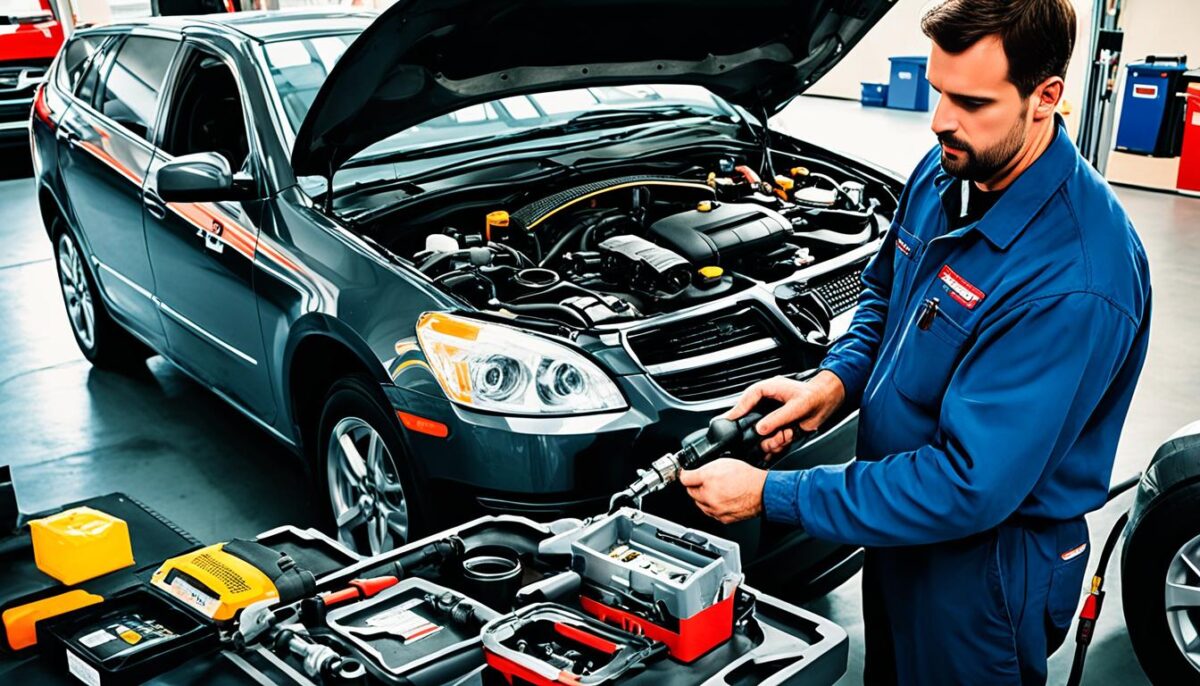
“An investment in routine maintenance is an investment in the long-term health of your vehicle.”
Insurance Premiums: Protecting Your Investment
Maintaining proper insurance coverage is a vital aspect of car ownership. Your insurance premiums can vary significantly based on various factors, including your driving record, the make and model of your vehicle, and your geographic location. In this section, we’ll explore the importance of adequate insurance protection and discuss strategies to help you manage your insurance costs and ensure you’re getting the best value for your money.
Car insurance is more than just a legal requirement; it’s a safeguard that can protect you from financial hardship in the event of an accident or unexpected incident. By understanding the factors that influence insurance rates, we can make informed decisions about the coverage that best suits our needs and budget. From considering the age and safety features of your car to maintaining a clean driving history, there are numerous ways to minimize your insurance expenses while still maintaining the coverage you need.
As we navigate the world of car insurance, it’s essential to stay informed and proactive. By regularly reviewing your policy, comparing rates, and exploring potential discounts, you can ensure that your insurance premiums are aligned with your unique needs and circumstances. This not only helps you save money but also provides the peace of mind that comes with knowing your investment is well-protected.

